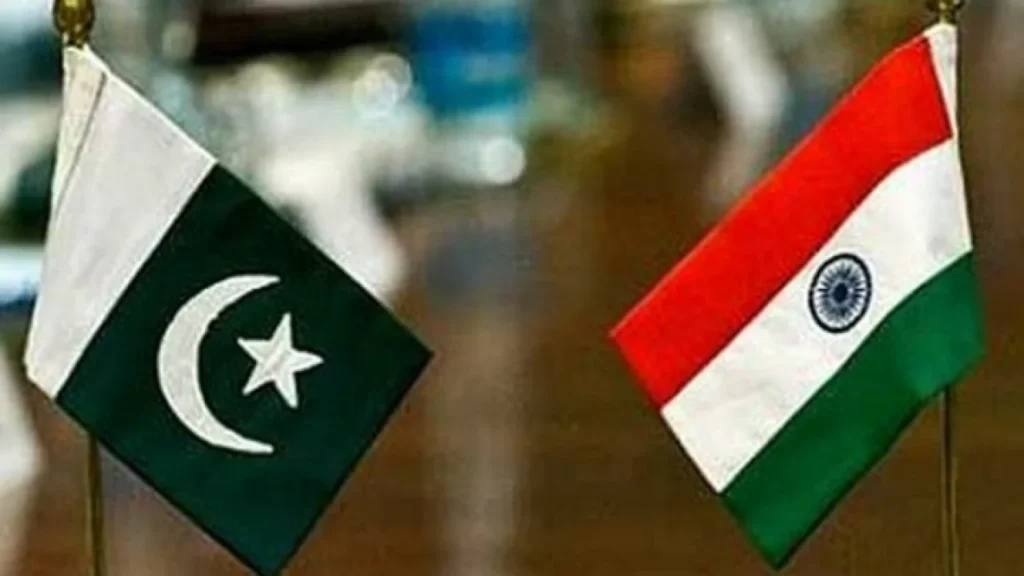India Summons Pakistani Diplomat Over Pahalgam Terror Attack


In the wake of the recent terror attack in Pahalgam, Jammu and Kashmir, which claimed the lives of 26 individuals—including 25 Indian citizens and one Nepali tourist—India has summoned Pakistan’s senior diplomat stationed in New Delhi to formally protest. The Ministry of External Affairs (MEA) issued a strong demarche, directly accusing Pakistan of backing cross-border terrorism and demanding swift action against those responsible for the deadly assault.
In response to the incident, India has initiated a series of major diplomatic and strategic moves:
Indus Waters Treaty Suspended: India has decided to put the landmark 1960 Indus Waters Treaty on hold. This treaty, a symbol of sustained cooperation even during times of war, is now suspended amid growing concerns over regional water security.
Wagah-Attari Border Closed: The only land crossing between India and Pakistan—the Wagah-Attari border—has been shut down, effectively stopping all movement of goods and people between the two nations.
Diplomatic Retaliation: India has ordered the expulsion of Pakistani military advisers from its territory, slashed its own diplomatic presence in Islamabad, and revoked all SAARC Visa Exemption Scheme (SVES) visas for Pakistani nationals. Pakistani citizens holding these visas have been instructed to exit India within 48 hours.
Islamabad has strongly denied any involvement in the attack and condemned the violence. The Pakistani government expressed serious concerns over India’s move to suspend the Indus Waters Treaty, labeling it an act of “water aggression.” Officials in Pakistan have accused India of violating international agreements and warned of possible retaliatory steps.
The global community has reacted with concern to the rising tensions between the two nuclear-armed neighbors. U.S. President Donald Trump expressed condolences for the victims and affirmed American support for India, urging both nations to exercise restraint and resolve differences through dialogue.
The terror attack in Pahalgam has brought Indo-Pakistani relations to a boiling point, triggering a series of sharp diplomatic responses and escalating regional instability. While India asserts its right to protect its citizens and sovereignty, Pakistan denies all allegations of involvement. As the situation continues to evolve, international observers stress the importance of diplomacy and communication to prevent further deterioration and maintain peace in the South Asian region.